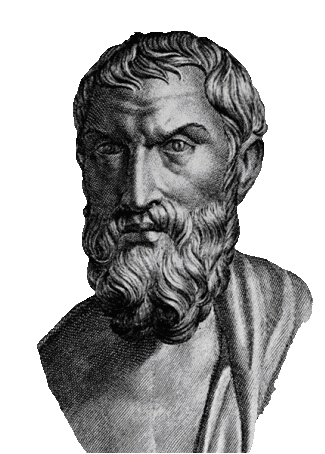Ethics of Duty

Jacques Martell Villalpando
Alejandro Peniche Castillo
Víctor Manuel Rodríguez Martínez
Alejandro Escalante Martínez
Fernanda Sánchez Rivera
What do they have in common?



That there is no God
(on their moral reasoning)
Thou shalt not lie with mankind, as with womankind: it is abomination. Leviticus 18:22
If a man smite his servant or his maid, with a rod, and he die under his hand, he shall be surely punished; notwithstanding, if he continue a day or two, he shall not be punished, for he is his money. Exodus 21:20-21
Likewise, ye wives, be in subjection to your own husbands. 1 Peter 3:1
The Lord is a man of war. Exodus 15:3
Do not allow a sorceress to live. Exodus 22:18
Slaves, submit yourselves to your masters with all respect, not only to the good and gentle but also to the cruel. 1 Peter 2:18
Immanuel Kant

Fear of punishment
is not enough
Being good because of
“Do the right thing.
Do it because it's the right thing to do.
Don't do wrong things.
Avoid them because they are wrong.”
He thought that there must be a way to always make the best moral decision
By following your good will, he argued that we all have a duty to do good.
People must act upon their duty to act morally correct.
The motive (intention) is what matters rather than the consequences.
“Good in itself” refers to what is right intrinsically.
Nothing in the world, indeed nothing even beyond the world can possibly be conceived which could be called good without qualification except a good will.
this is called
Deontological ethics
The morality of a situation is determined solely by whether or not the action itself is moral.
Thus if the action has good or bad consequences is completely irrelevant to the assessment.
Deontology vs Consequentialism
Consequentialists begin by considering what things are good, and identify ‘right’ actions as the ones that produce the maximum of those good things.
Deontologists do it the other way around: they first consider what actions are ‘right’ and then proceed from there.
Following your good will, he argued that we all have a duty to do good.
Categorical imperative
Categorical imperative
Act so that you treat humanity, whether in your own person or that of another, always as an end and never as a mean.
Act only according to that maxim whereby you can, at the same time, will that it should become a universal law.
Depends on autonomy and free will
Criticisms on Kant
While on one hand
- Emphasizes the value of every human being.
- Says some acts are always wrong.
- Provides certainty.
- Deals with intentions and motives.
On the other hand...
- Its absolutist.
- Allows acts that make the world a worst place.
- Hard to reconcile conflicting duties.
Example:
For duty-based ethics, we should always do the right thing, even if that produces more harm/less good than doing the wrong thing.
It would be wrong to tell a lie in order to save a friend from a murderer.
References: BBC - Ethics - Introduction to ethics: Duty-based ethics. (2018). Bbc.co.uk. Retrieved 6 September 2018, from http://www.bbc.co.uk/ethics/introduction/duty_1.shtml (2018). Sevenpillarsinstitute.org. Retrieved 6 September 2018, from https://sevenpillarsinstitute.org/ethics-101/kantian-duty-based-deontological-ethics/